Juba, 18 September, 2023 / 9:30 pm (ACI Africa).
The people of God in South Sudan are being cautioned against the “culture of silence” in the face of abuses against children and vulnerable adults.
In an interview with ACI Africa, Sr. Jacinta Ondeng spoke about the training on safeguarding that she had been facilitating under the auspices of Solidarity with South Sudan (SSS), an initiative of the International Union of Superiors General (UISG) and the Union of Superiors General (USG), established in response to a request from the members of the Sudan Catholic Bishops’ Conference (SCBC).
“Safeguarding is very important from the Church perspective because we believe in the preservation of human dignity,” Sr. Ondeng said during the September 15 interview in Juba, where she had just returned after completing the child safeguarding training, first in the Catholic Diocese of Tombura-Yambio (CDTY), and later in the Catholic Diocese of Wau.
The Nairobi-based member of the Congregation of School Sisters of Notre Dame (SSND) underscored the need to be vocal against abuses, saying, “Abuses are rampant in the community. We need everybody to hear this message from the government officials, teachers, medical personnel, children, and those who work in offices because all these people belong to the society.”
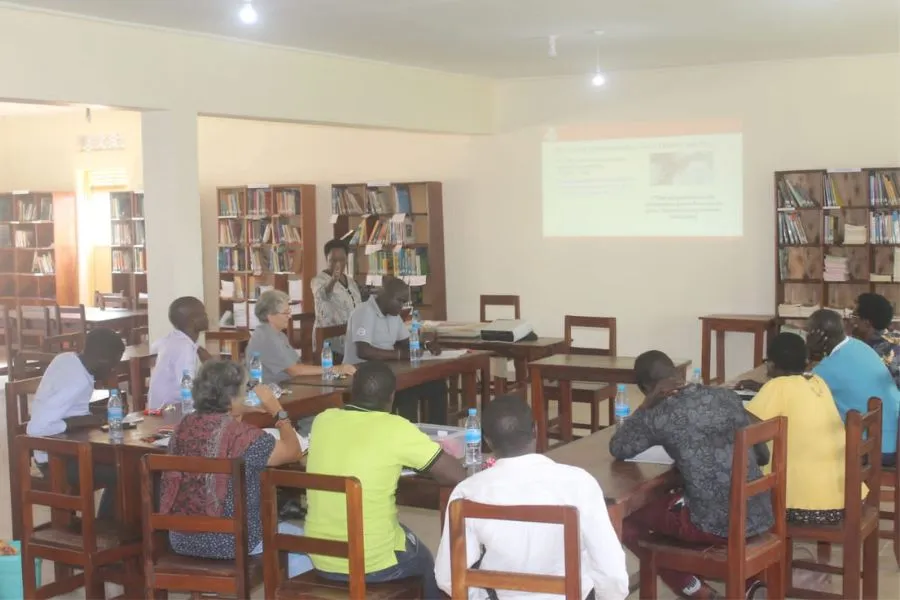 Members of teaching staff at Solidarity Teacher Training College (STTC) in Yambio. Credit: Solidarity with South Sudan (SSS)
Members of teaching staff at Solidarity Teacher Training College (STTC) in Yambio. Credit: Solidarity with South Sudan (SSS)



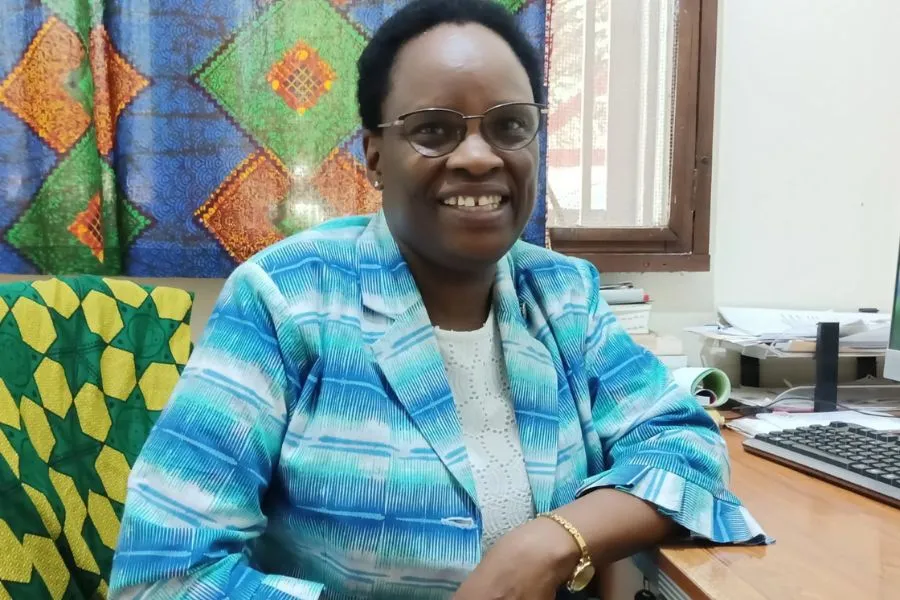
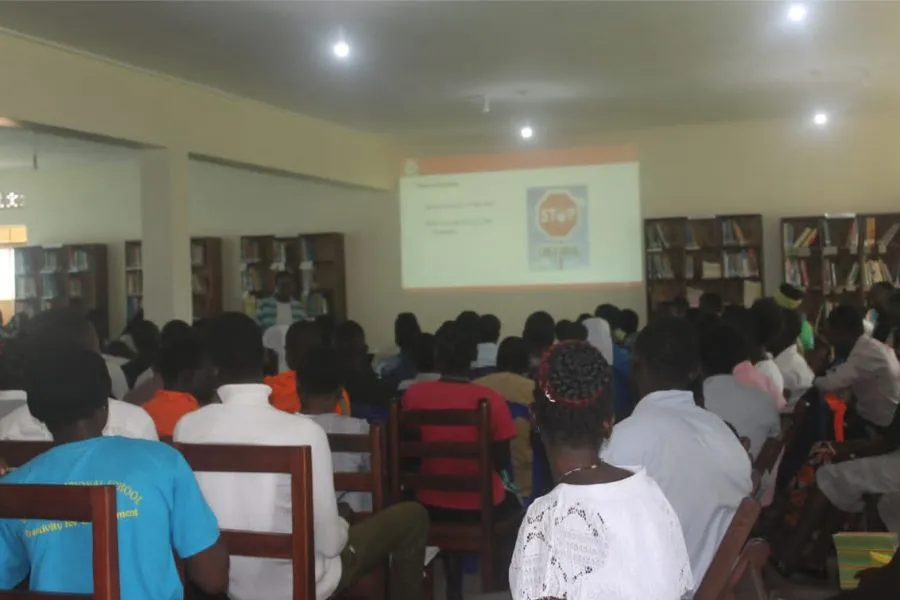 Students at Solidarity Teacher Training College (STTC) in Yambio. Credit: Solidarity with South Sudan (SSS)
Students at Solidarity Teacher Training College (STTC) in Yambio. Credit: Solidarity with South Sudan (SSS)
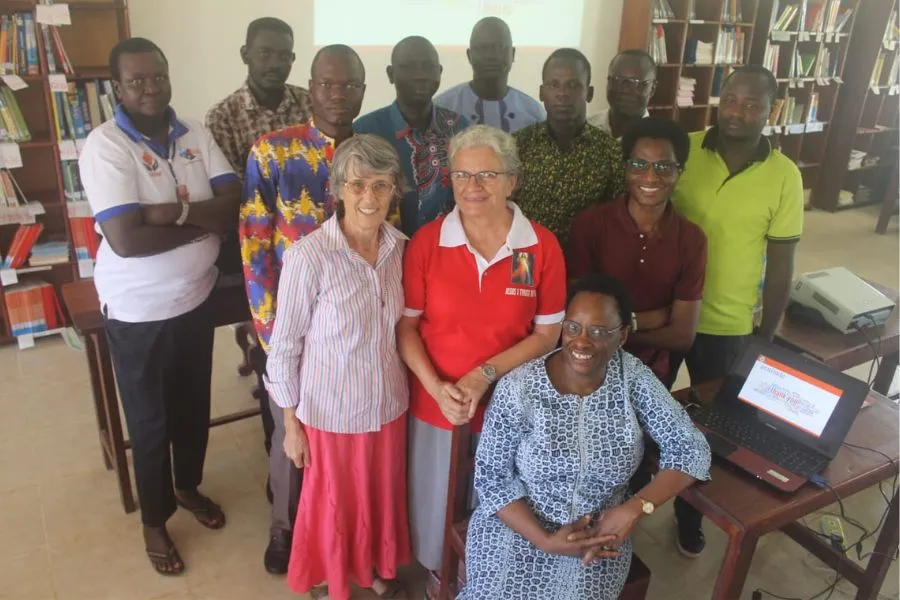 Teaching staff at Solidarity Teacher Training College (STTC) in Yambio. Credit: Solidarity with South Sudan (SSS)
Teaching staff at Solidarity Teacher Training College (STTC) in Yambio. Credit: Solidarity with South Sudan (SSS)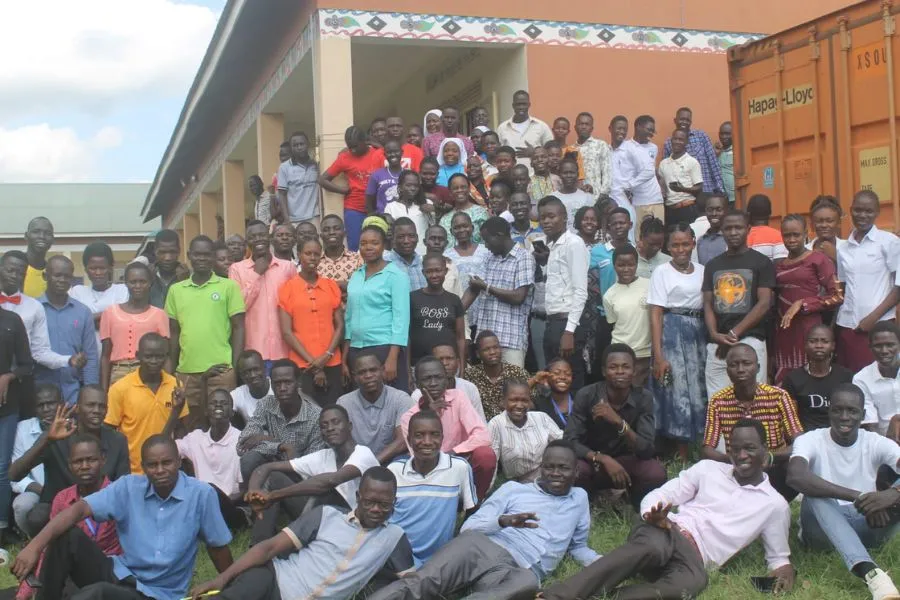 Students at Solidarity Teacher Training College (STTC) in Yambio. Credit: Solidarity with South Sudan (SSS)
Students at Solidarity Teacher Training College (STTC) in Yambio. Credit: Solidarity with South Sudan (SSS)


